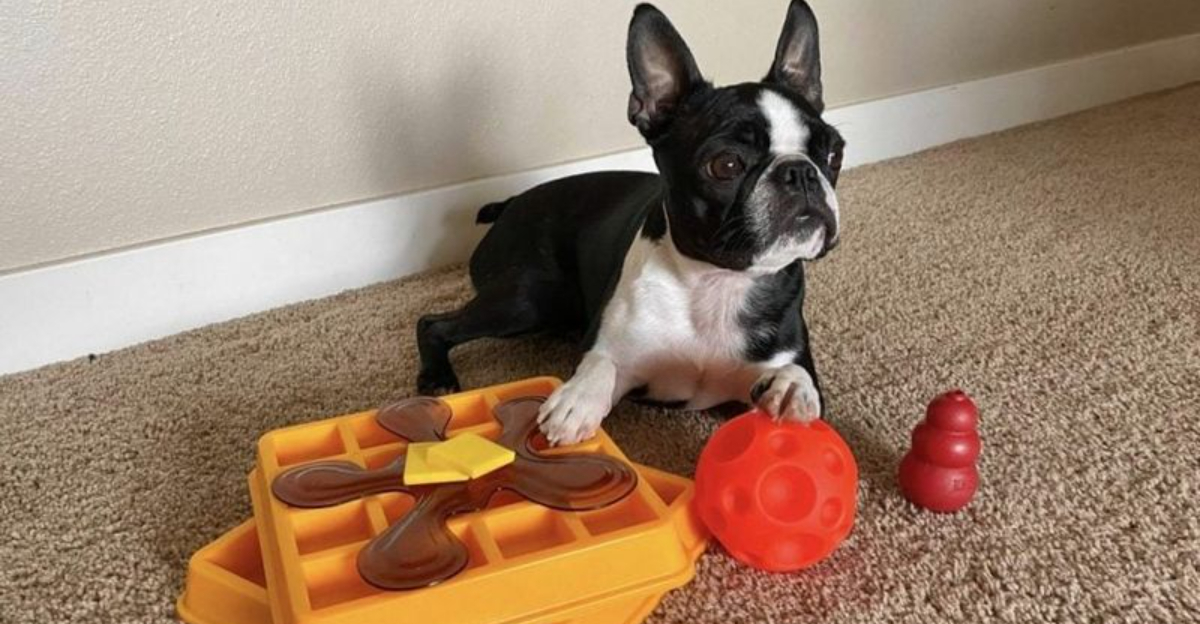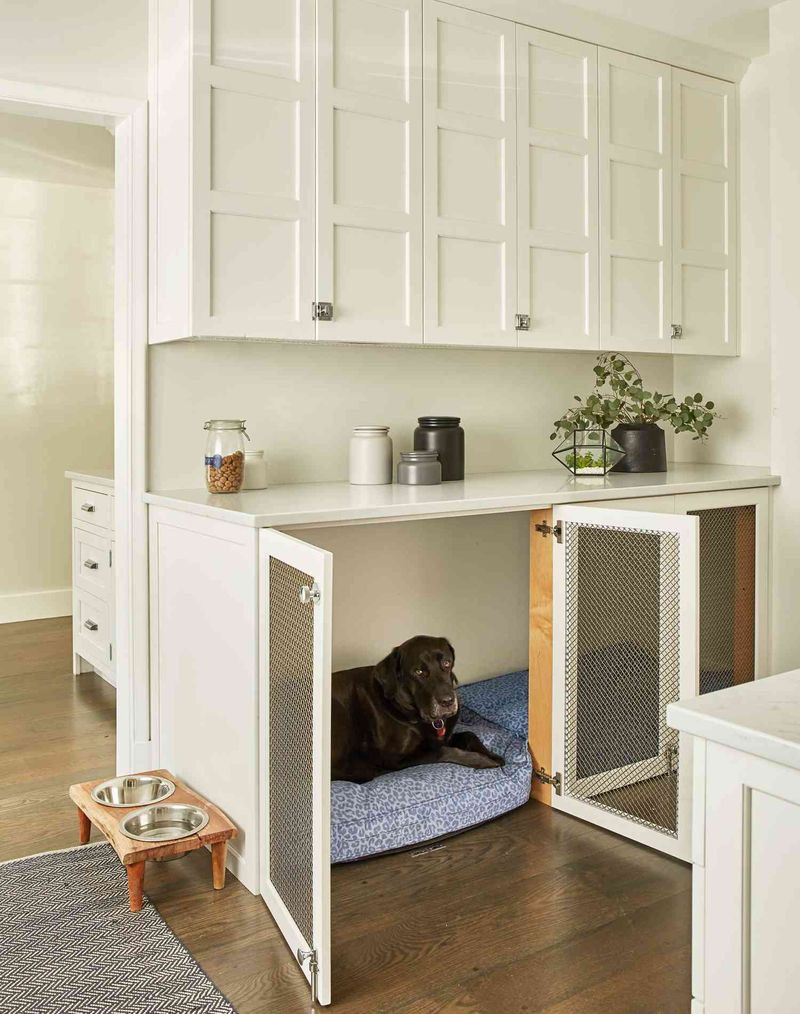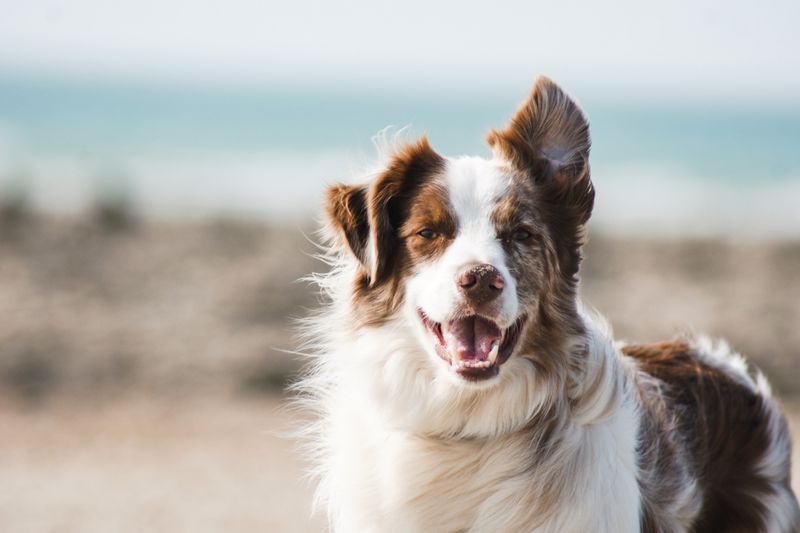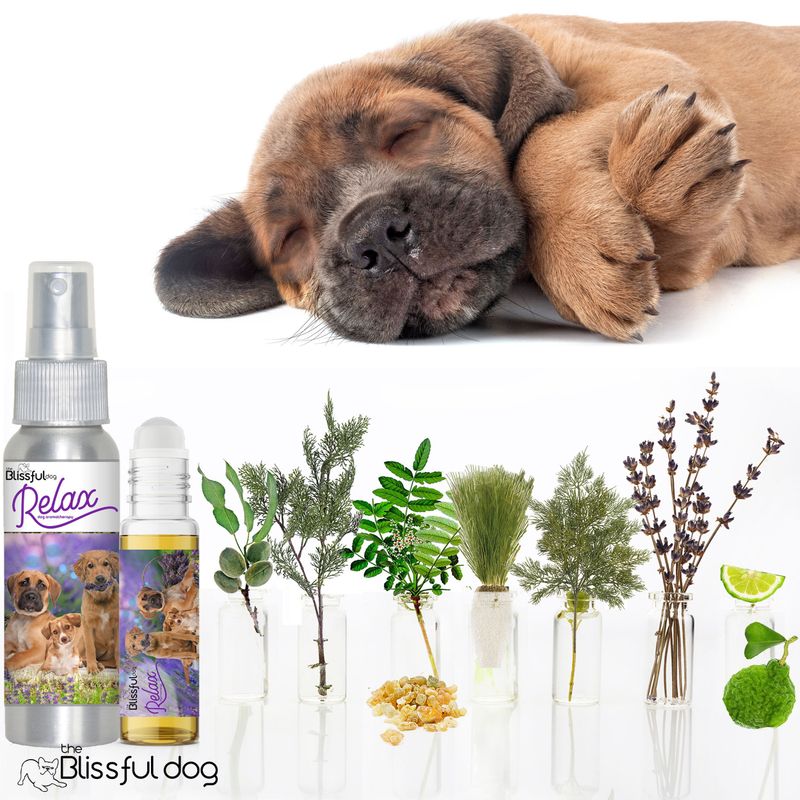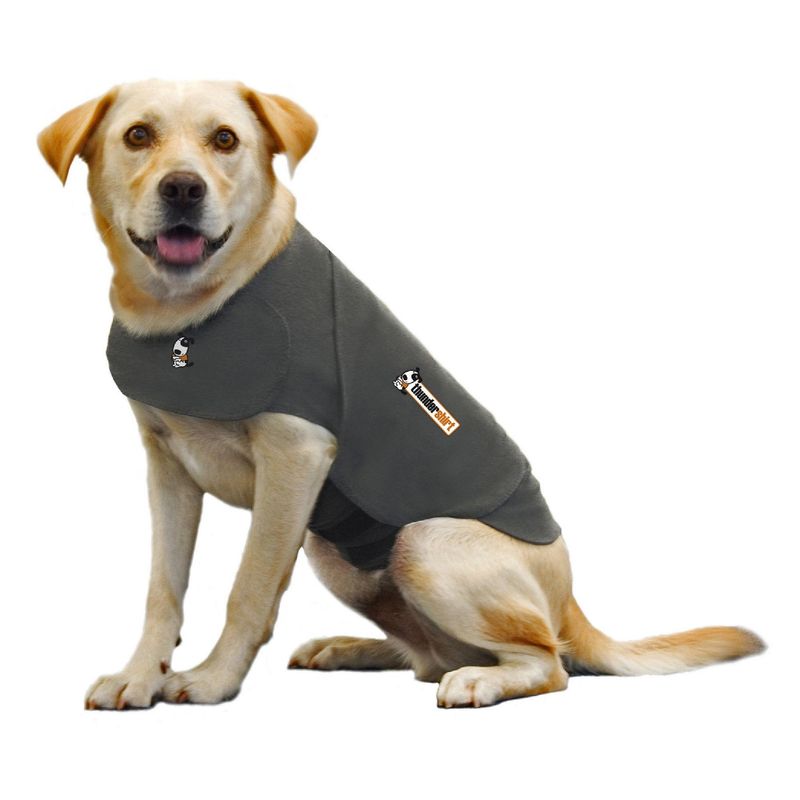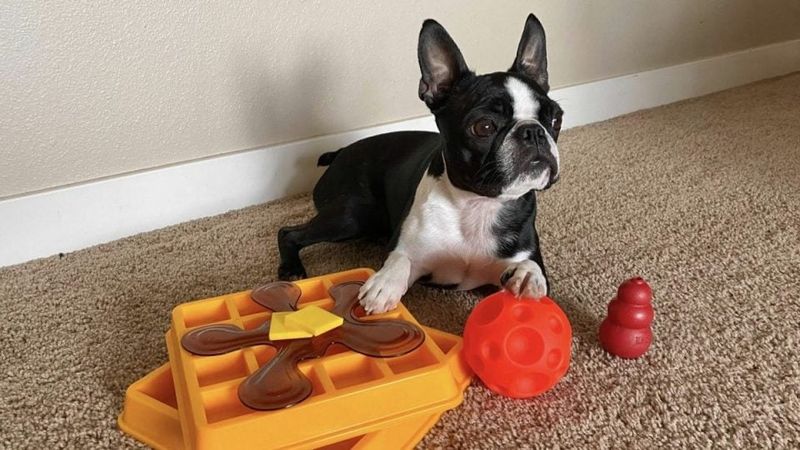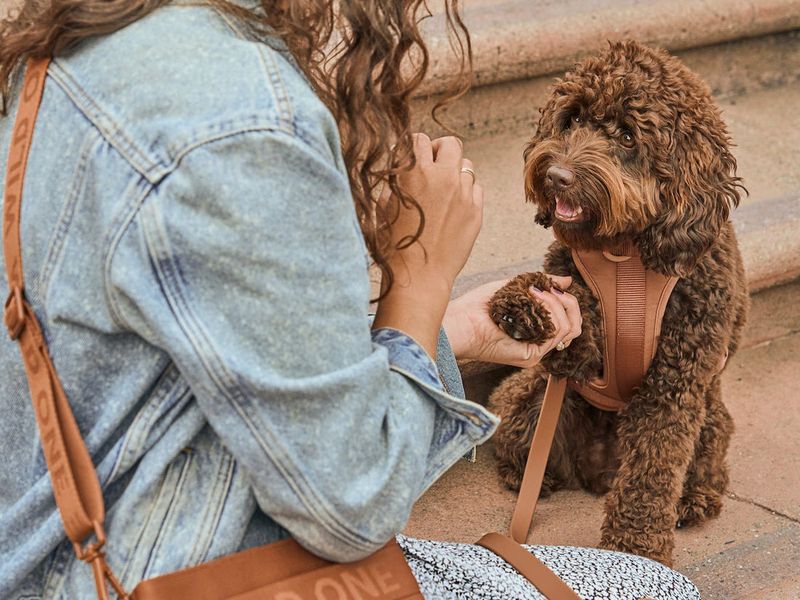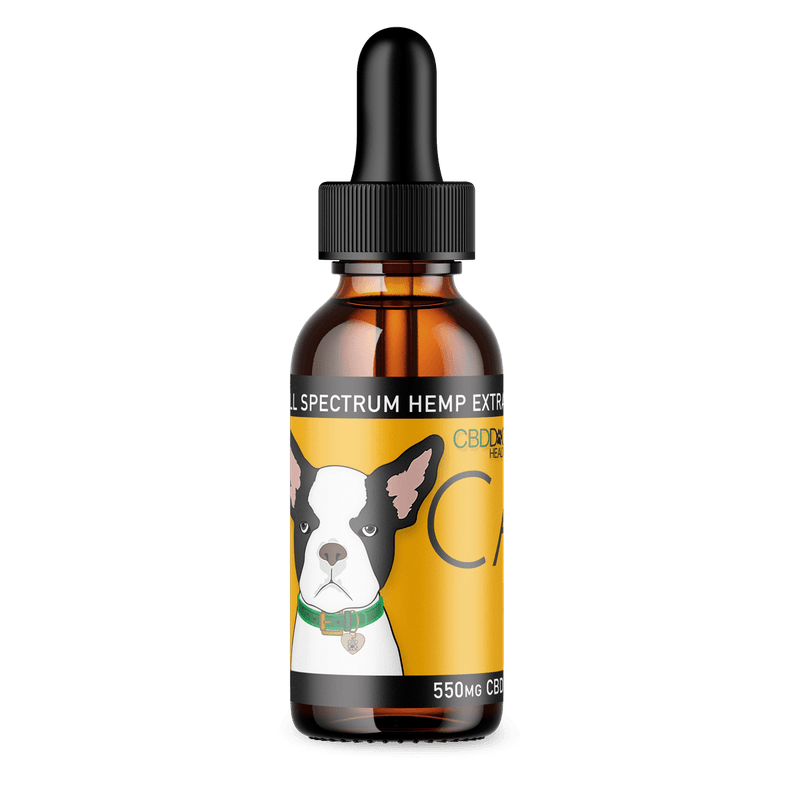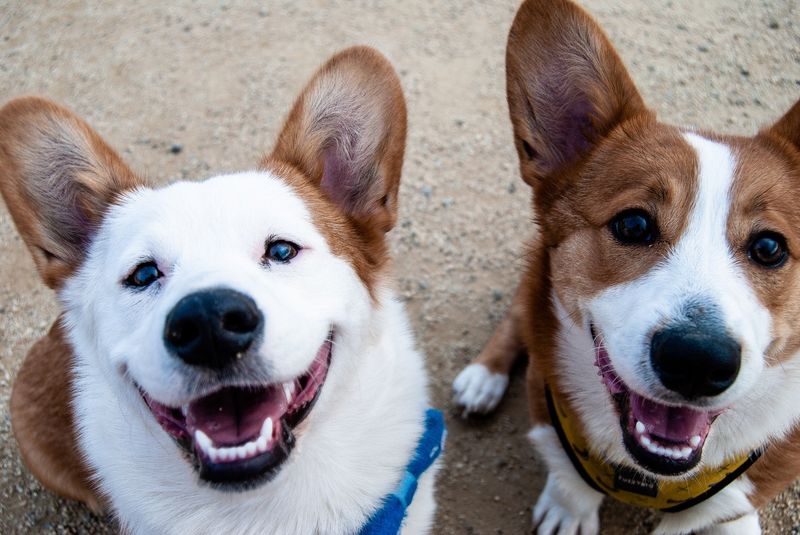Calming your dog’s anxiety can be a challenging task, but it is essential for their well-being. Dogs, much like humans, can experience anxiety due to various factors such as loud noises, separation, or changes in their environment. Understanding your dog’s needs and providing them with the right tools and techniques can significantly ease their stress. Here are ten practical and easy methods to help soothe your dog’s anxiety and ensure they remain happy and relaxed.
Create a Safe Space
Every dog deserves a haven where they can retreat from the chaos of daily life. Creating a designated safe space with a comfortable bed, familiar toys, and a soft blanket can provide your furry friend with a sanctuary of calmness. This space should be in a quiet room, away from loud noises and foot traffic.
Your dog will appreciate having a place where they feel secure, especially during thunderstorms or fireworks. By offering them a cozy retreat, you are allowing them to manage their anxiety on their terms.
Consider adding calming scents like lavender to enhance the tranquility of their spot.
Use Calming Music
Music can have a profound effect on your dog’s mood. Many dogs find classical music soothing, and specific playlists are designed for canine relaxation. Try playing gentle tunes at a low volume when your dog seems anxious or restless.
This auditory therapy can help block out disturbing noises and provide a peaceful auditory environment. Over time, your dog may associate the music with calmness and relaxation.
Not only does this method promote serenity, but it also strengthens the bond between you and your pet as they learn to trust your efforts to comfort them.
Exercise Regularly
Regular exercise is crucial for a dog’s physical and mental health. Engaging in activities like walks, runs, or play sessions can help release pent-up energy and reduce anxiety levels.
Physical activity stimulates the production of serotonin, a natural mood stabilizer, which can help keep your dog calm. Exercise also provides an opportunity for your dog to explore their surroundings and engage with the world in a positive way.
A tired dog is usually a content dog, so make sure to incorporate daily exercise into your routine, tailored to your dog’s age and breed.
Try Aromatherapy
Aromatherapy isn’t just for humans; dogs can benefit from it too. Scents like lavender and chamomile have calming properties and can be introduced to your dog through diffusers or specially formulated dog sprays.
Always ensure that the products you use are pet-safe and used in moderation. Aromatherapy can create a soothing environment, helping to lower your dog’s stress levels.
By associating these relaxing scents with positive experiences, you can assist your dog in overcoming their anxiety one breath at a time.
Use Anxiety Wraps
With a snug fit, anxiety wraps provide gentle pressure that can calm a dog’s nervous system, similar to a comforting hug. These wraps are especially useful during stressful events like thunderstorms or travel.
The consistent pressure can help decrease anxiety levels and improve your dog’s sense of security and comfort. Make sure the wrap is properly fitted and not too tight.
Many pet owners have found anxiety wraps to be a simple yet effective tool in calming their dogs, giving them peace of mind while addressing their pet’s needs.
Provide Mental Stimulation
Mental stimulation is a great way to divert your dog’s focus from anxiety-inducing triggers. Puzzle toys, treat dispensers, and interactive games challenge your dog’s mind and keep them occupied.
These activities not only provide entertainment but also encourage problem-solving skills. Regular mental exercise can help tire your dog out mentally, reducing anxiety and promoting relaxation.
Engaging your dog’s brain is just as important as physical exercise, and it can strengthen your bond through shared activities and accomplishments.
Practice Obedience Training
Obedience training is an excellent way to build trust and confidence in your anxious dog. Teaching commands like ‘sit,’ ‘stay,’ and ‘come’ can provide structure and reassurance, essential for dogs with anxiety.
Training sessions create opportunities for positive reinforcement and bonding, showing your dog that they can trust you in various situations. It also allows them to focus on tasks rather than stressors.
Consistent training helps instill a sense of stability and predictability in your dog’s life, which can significantly alleviate anxiety.
Offer CBD Oil
CBD oil has gained popularity for its potential calming effects on dogs. Derived from hemp, it is thought to help with anxiety by interacting with the body’s endocannabinoid system.
Always consult your veterinarian before starting CBD oil, as dosages and effects can vary. Many pet owners have reported noticeable improvements in their dog’s anxiety levels after using CBD.
This natural remedy might be the key to helping your dog achieve a more relaxed and stress-free life when used responsibly and under professional guidance.
Ensure Proper Nutrition
A healthy diet is the cornerstone of overall well-being, including mental health. Proper nutrition can have a significant impact on your dog’s anxiety levels.
Feeding your dog high-quality foods rich in essential nutrients supports brain health and promotes a stable mood. Avoid foods with artificial additives and opt for natural, wholesome ingredients.
Consulting with a veterinarian can help tailor a diet plan suited to your dog’s specific needs, ensuring they receive the right balance for optimal physical and emotional health.
Schedule Play Dates
Socialization is key to reducing anxiety in dogs. Organizing play dates with other dogs can help your pet build confidence and learn social skills.
Interacting with other dogs provides mental stimulation and allows your dog to express themselves in a fun, controlled environment. Play dates can also be an excellent opportunity for you to assess your dog’s behavior and identify any triggers.
Regular social interactions can significantly improve your dog’s comfort level around others, leading to a more relaxed and happy demeanor.
